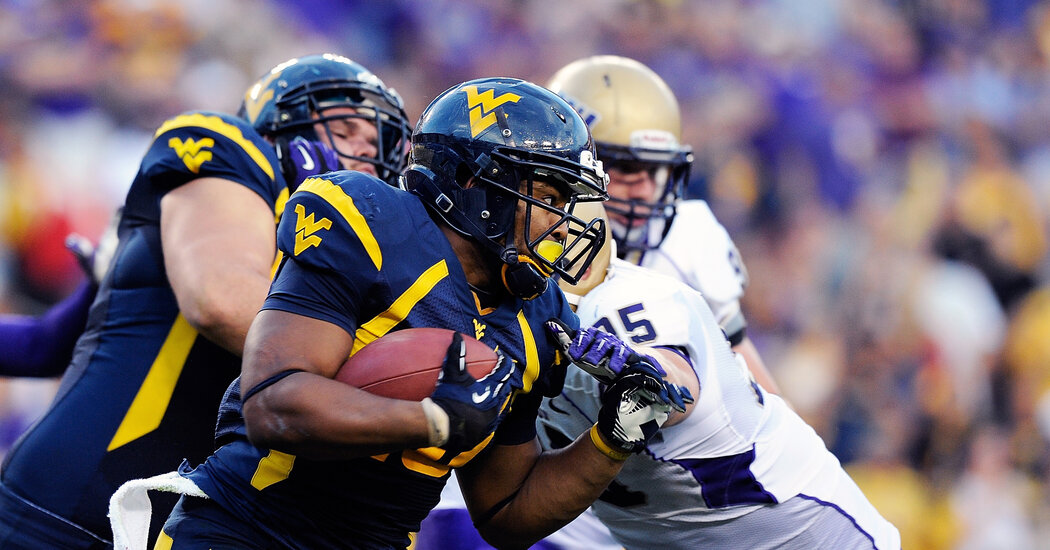
WASHINGTON — The Supreme Court unanimously ruled on Monday that the N.C.A.A. cannot bar relatively modest payments to student-athletes in the name of amateurism. The decision, based on antitrust law, came as the business model of college sports is under increasing pressure.
Last year, a federal appeals court ruled that the N.C.A.A. was not free to limit benefits tied to education for Division I football and basketball players. The decision allowed payments for things like musical instruments, scientific equipment, postgraduate scholarships, tutoring, study abroad, academic awards and internships. It did not permit the outright payment of salaries.
The court rejected the N.C.A.A.’s argument that compensating athletes would alienate sports fans who prize students’ amateur status. “Uncapping certain education-related benefits would preserve consumer demand for college athletics just as well as the challenged rules do,” Chief Judge Sidney R. Thomas wrote for a unanimous three-judge panel of the U.S. Court of Appeals for the Ninth Circuit, in San Francisco.
“Such benefits are easily distinguishable from professional salaries,” he wrote, as they are linked to education and could be provided in kind rather than in cash. “The record furnishes ample support,” Judge Thomas added, “that the provision of education-related benefits has not and will not repel college sports fans.”
The Supreme Court last considered how antitrust laws applied to the association in 1984, ruling that its restrictions on television coverage of college football games were unlawful. But the decision, National Collegiate Athletic Association v. Board of Regents of the University of Oklahoma, included an influential passage on student-athletes.
“The N.C.A.A. plays a critical role in the maintenance of a revered tradition of amateurism in college sports,” Justice John Paul Stevens wrote for the majority in that case. “There can be no question but that it needs ample latitude to play that role, or that the preservation of the student-athlete in higher education adds richness and diversity to intercollegiate athletics and is entirely consistent with the goals of” the antitrust laws.
The Biden administration filed a brief supporting the athletes in the new case, National Collegiate Athletic Association v. Alston, No. 20-512, saying that the Ninth Circuit had struck the right balance by focusing on educational expenses.
Aside from the pandemic, no issue has engaged the N.C.A.A. more in recent years than the rights of student-athletes, including whether they may profit from their fame.
Read More…